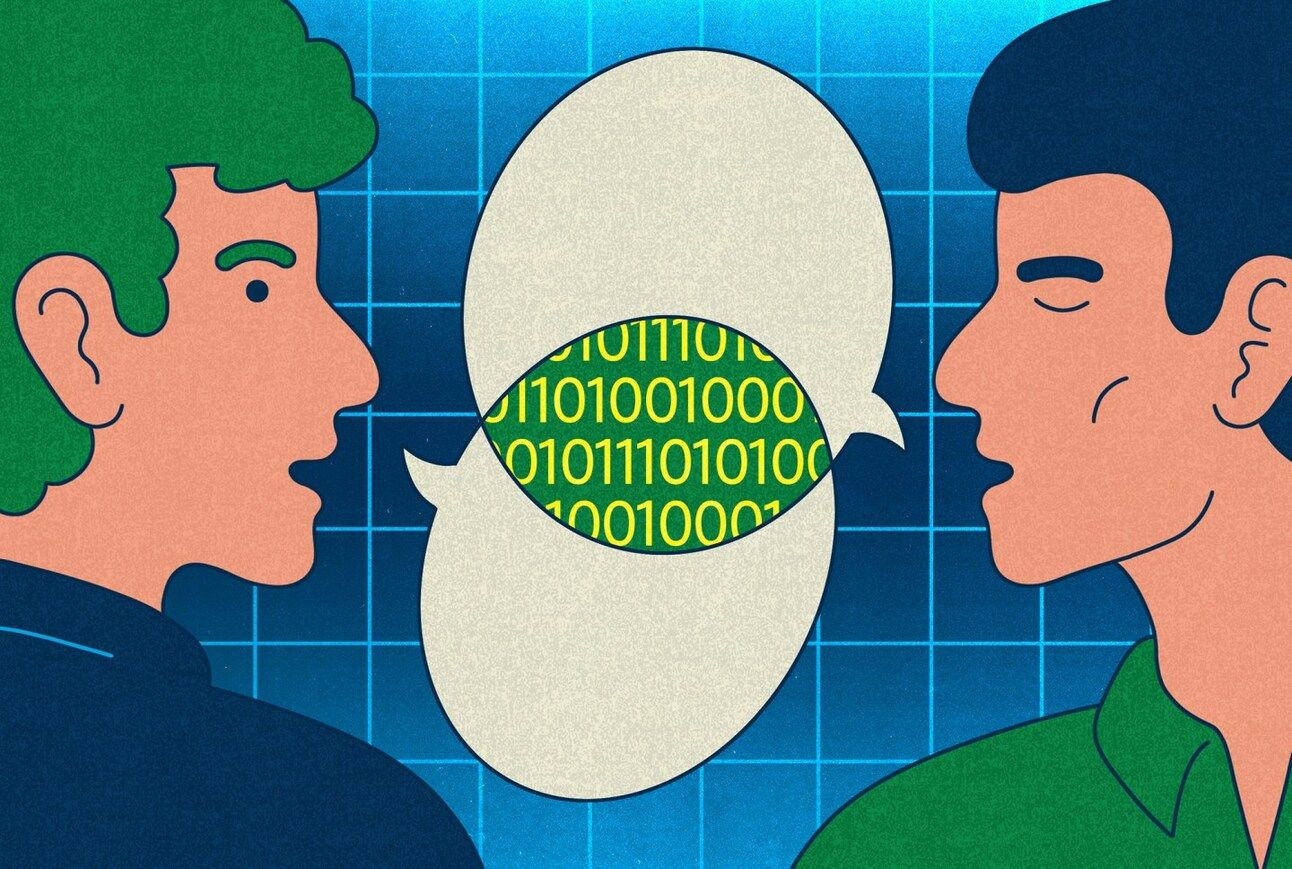
So, uhh… this is something you probably didn’t see coming, but AI might be slowly hijacking your vocabulary.
Like, you might already be speaking ChatGPT… and not even know it.
No seriously — hop on a Zoom call, scroll through YouTube lectures, even sit in on a college class… and you’ll hear it.
Words like delve, realm, and adept are popping up way more than they used to — and it’s not because we all suddenly became poets. It’s because AI is lowkey changing how we talk.
And yeah, that’s not just a wild theory — the data backs it up.
In fact, researchers at the Max Planck Institute analyzed over 280,000 academic YouTube videos, and guess what they found?
A massive spike — up to 51% more usage — of words that just so happen to be ChatGPT’s faves.
We’re talking about words like: meticulous, delve, prowess… you get the vibe.
The wildest part? People don’t even realize they’re doing it. It’s subconscious. Like some secret AI vocabulary download happening in the background.
But It Gets Deeper… Because it’s not just our vocabulary that’s shifting. Our tone is changing too. According to research:
People are sounding more structured, more polished…and yeah, a little emotionally flat.
That raw, messy, beautifully human stuff? It’s fading. And that’s where things start to get spooky.
A Cornell study found that AI-generated replies — like Gmail’s “Sure thing!” — can actually make conversations feel more positive and cooperative.
But here’s the twist: The second someone suspects you're using AI? Boom — trust gone. Even if the AI made you sound nicer.
And that’s because we humans are wired to pick up on all the little signals — tone, effort, vulnerability. And when those feel off? The whole thing feels fake.
And Then There’s the Language Bias Thing…
Another study showed that when people typed in non-standard English (like Singlish, Patois, or regional dialects), AI often misunderstood them, exaggerated the accent, or replied with responses that were straight-up cringe.
TL;DR? AI treats anything that’s not Standard American English as “wrong.” And that’s not just annoying — that’s erasure. It flattens the personality, identity, and vibe that give language its soul.
Cornell’s Mor Naaman put it perfectly.
AI is slowly stripping away the signals that tell people:
“I’m a real human.”
“I cared enough to write this myself.”
“This message sounds like me — my humor, my weirdness, my voice.”
The truth is, we’re not just outsourcing our writing. We’re outsourcing our thinking. And that’s the part that should really make you pause.
So Where Does That Leave Us?
We’re standing at a crossroad — right between two extremes:
On one side: hyper-polished, AI-templated emails and speeches
On the other: raw, weird, emotional human expression — full of stumbles, slang, and soul
And right in the middle is the big question: 👉🏽 Do we stay in control of our voice — or let AI smooth it into oblivion?
Because let’s be real: AI will keep shaping how we speak. That part’s already happening.
But if we’re conscious about it — if we fight to keep the weird, the warmth, and the messy emotional magic in —then maybe, just maybe, we’ll come out of this sounding more human, not less.
Now throwing it back to you: Have you caught yourself speaking AI lately?
👉🏽 Here’s the full report if you wanna delve deeper.
